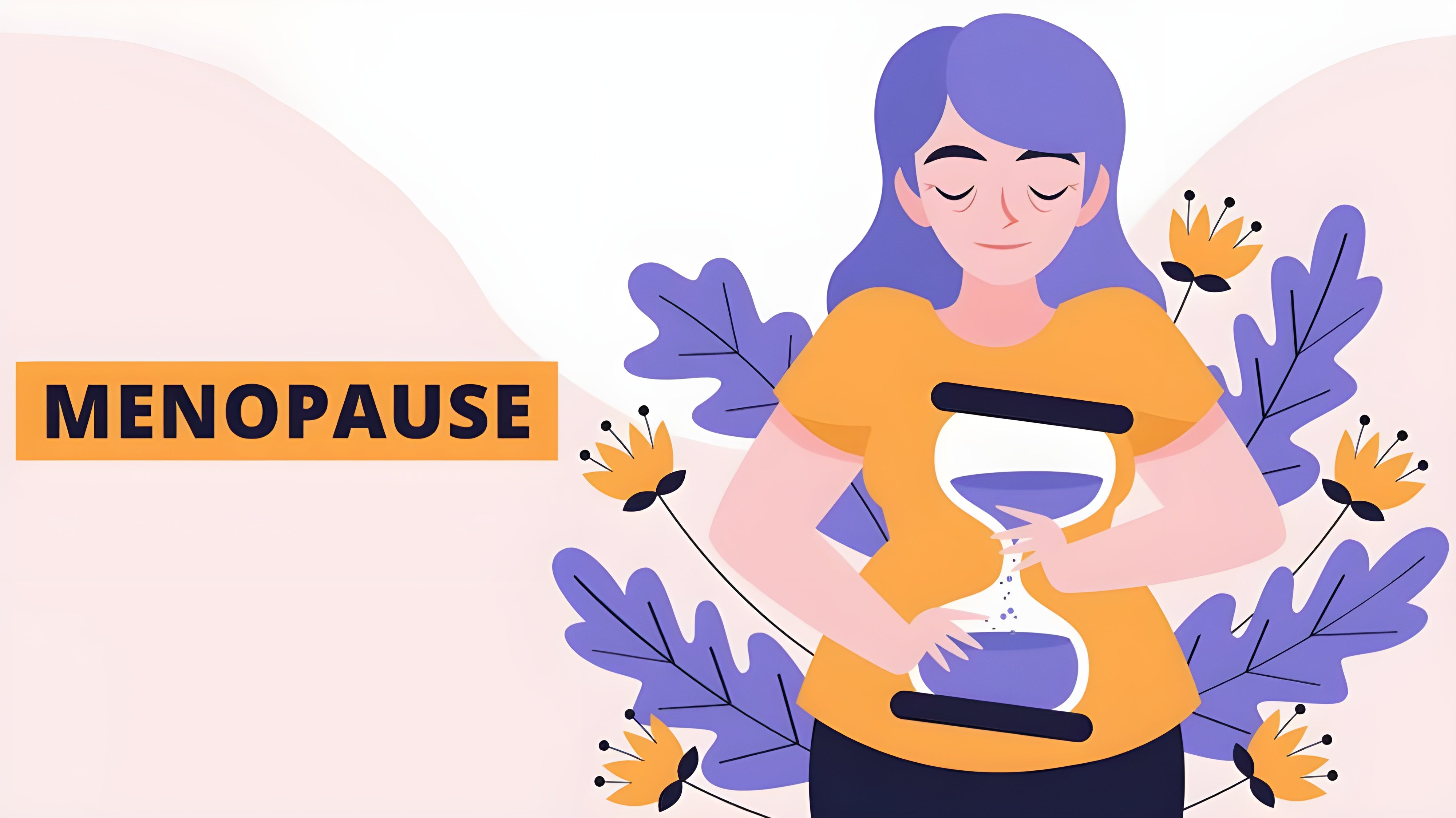Depression: Symptoms, Causes and Treatment
Depression, a complex and often misunderstood mental health condition, affects millions of people worldwide. Despite its prevalence, depression remains stigmatized, and many individuals struggle silently, unaware of the resources available to help them. In this in-depth exploration, we will delve into the multifaceted nature of depression, shedding light on its definition, symptoms, causes, treatment options, and expert advice to guide individuals toward healing and resilience.

Defining Depression:
Depression, also known as major depressive disorder (MDD), is a mood disorder characterized by persistent feelings of sadness, hopelessness, and a loss of interest or pleasure in activities that were once enjoyable. It is more than just feeling down or experiencing temporary bouts of sadness; depression profoundly impacts a person's thoughts, emotions, behaviors, and physical health.
Depression manifests differently in each individual, but common symptoms may include:
- Persistent feelings of sadness, emptiness, or despair.
- Loss of interest or pleasure in activities once enjoyed.
- Changes in appetite or weight.
- Sleep disturbances (insomnia or hypersomnia).
- Fatigue or loss of energy.
- Feelings of worthlessness or excessive guilt.
- Difficulty concentrating or making decisions.
- Thoughts of death or suicide.
Dr. Emily Carter, Clinical Psychologist, emphasizes the importance of recognizing the diverse range of symptoms associated with depression. "Depression can present in various ways, and it's essential to pay attention to both the emotional and physical symptoms," says Dr. Carter. "Seeking professional help early can lead to effective intervention and better outcomes."
Causes of Depression:
The development of depression is influenced by a combination of biological, psychological, and environmental factors. While the precise cause of depression may vary from person to person, common contributing factors include:
- Genetics: Family history of depression or mood disorders may increase the risk of developing depression.
- Brain Chemistry: Imbalances in neurotransmitters, such as serotonin, dopamine, and norepinephrine, can affect mood regulation.
- Life Events: Traumatic experiences, major life changes, chronic stress, or ongoing difficulties in personal or professional relationships can trigger or exacerbate depression.
- Personality Traits: Certain personality traits, such as perfectionism, pessimism, or low self-esteem, may predispose individuals to depression.
Dr. Mark Johnson, Psychiatrist specializing in mood disorders, underscores the importance of understanding the interplay between biological, psychological, and environmental factors in depression. "Depression is a complex and multifaceted condition," says Dr. Johnson. "Addressing underlying factors and adopting a holistic approach to treatment can improve outcomes and promote long-term recovery."
Types of Depression:
Depression encompasses various subtypes, each with its own unique features and diagnostic criteria. Some common types of depression include:
-
Major Depressive Disorder (MDD):
Characterized by persistent feelings of sadness, hopelessness, and a lack of interest or pleasure in activities. Symptoms must persist for at least two weeks to meet the criteria for MDD.
-
Persistent Depressive Disorder (Dysthymia): A chronic form of depression lasting for two years or longer. Symptoms may be less severe than MDD but can still significantly impair functioning.
-
Bipolar Disorder: A mood disorder characterized by episodes of depression alternating with periods of mania or hypomania. Bipolar disorder involves extreme shifts in mood, energy, and activity levels.
-
Seasonal Affective Disorder (SAD): Depression that occurs seasonally, typically in the fall and winter months when daylight hours are shorter. Symptoms may include fatigue, increased sleep, and carbohydrate cravings.
- Postpartum Depression (PPD): Depression that occurs after childbirth, affecting mothers during the postpartum period. PPD can interfere with maternal bonding and the ability to care for oneself and the baby.
For more information, click here.
Dr. Lisa Adams, Psychiatrist specializing in perinatal mental health, emphasizes the importance of early detection and intervention for postpartum depression. "Postpartum depression can have significant consequences for both the mother and child," says Dr. Adams. "Screening for PPD during routine prenatal and postnatal visits can help identify at-risk individuals and facilitate timely treatment."
Treatment Options:
Depression is a highly treatable condition, and various treatment options are available to help individuals manage symptoms and improve their quality of life. Common treatment modalities for depression include:
Psychotherapy:
Talk therapy, such as cognitive-behavioral therapy (CBT), interpersonal therapy (IPT), or psychodynamic therapy, can help individuals explore and address underlying issues contributing to depression.
Medication:
Antidepressant medications, such as selective serotonin reuptake inhibitors (SSRIs), serotonin-norepinephrine reuptake inhibitors (SNRIs), or tricyclic antidepressants, can help regulate brain chemistry and alleviate symptoms of depression.
Electroconvulsive Therapy (ECT):
ECT may be recommended for individuals with severe or treatment-resistant depression. It involves administering electrical currents to the brain to induce controlled seizures, which can help alleviate symptoms.
Transcranial Magnetic Stimulation (TMS):
TMS is a non-invasive procedure that uses magnetic fields to stimulate nerve cells in the brain. It is often used as an alternative treatment for individuals who have not responded to traditional antidepressant medications.
Lifestyle Interventions:
Engaging in healthy lifestyle habits, such as regular exercise, balanced nutrition, adequate sleep, and stress management techniques, can complement formal treatment for depression and promote overall well-being.
Dr. Andrew Wilson, Psychiatrist specializing in psychopharmacology, emphasizes the importance of collaborative decision-making in treatment planning. "Treatment for depression should be individualized and based on a comprehensive assessment of each person's unique needs and preferences," says Dr. Wilson. "Open communication between the individual and their healthcare provider is essential for optimizing treatment outcomes."
Coping Strategies:
In addition to professional treatment, there are several coping strategies that individuals can use to manage symptoms of depression and improve their mental well-being:
- Establish a Routine: Maintaining a structured daily routine can provide a sense of stability and predictability, which can be particularly beneficial for individuals struggling with depression.
- Stay Connected: Building and maintaining supportive relationships with friends, family members, and peers can provide emotional support, encouragement, and a sense of belonging.
- Practice Self-Care: Prioritize self-care activities that promote physical, emotional, and mental well-being, such as exercise, relaxation techniques (e.g., meditation, deep breathing), and engaging in hobbies or activities you enjoy.
- Set Realistic Goals: Break tasks and responsibilities into manageable steps, and set realistic goals for yourself. Celebrate small victories and be compassionate with yourself if things don't go as planned.
- Seek Support: Don't hesitate to reach out for help when you need it. Whether it's talking to a trusted friend, family member, or mental health professional, seeking support is a sign of strength, not weakness.
For more information, click here.
Dr. Sarah Thompson, Clinical Psychologist specializing in resilience and coping, underscores the importance of building resilience in the face of depression. "Coping with depression requires resilience – the ability to bounce.
Depression is a complex and pervasive mental health condition that can significantly impact one's well-being. Understanding the multifaceted nature of depression, including its biological, psychological, and environmental factors, is crucial for effective prevention, diagnosis, and treatment. It is essential to foster empathy, reduce stigma, and promote open dialogue surrounding mental health to create a supportive environment for those affected by depression. Advances in research and increased awareness offer hope for improved interventions, emphasizing the importance of a holistic approach to mental health care.






























